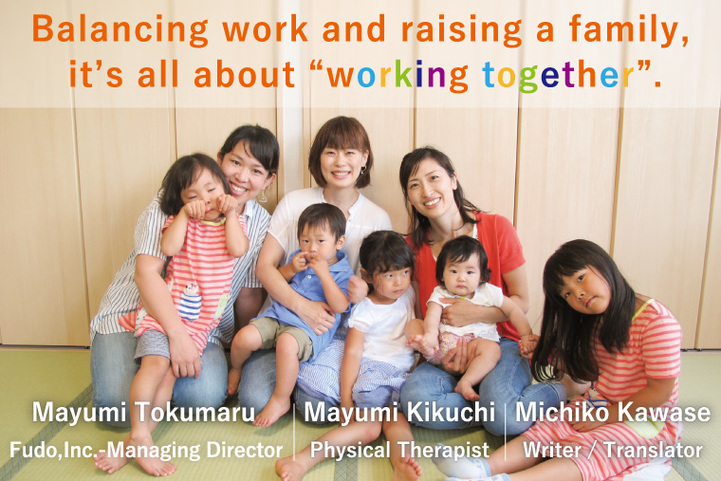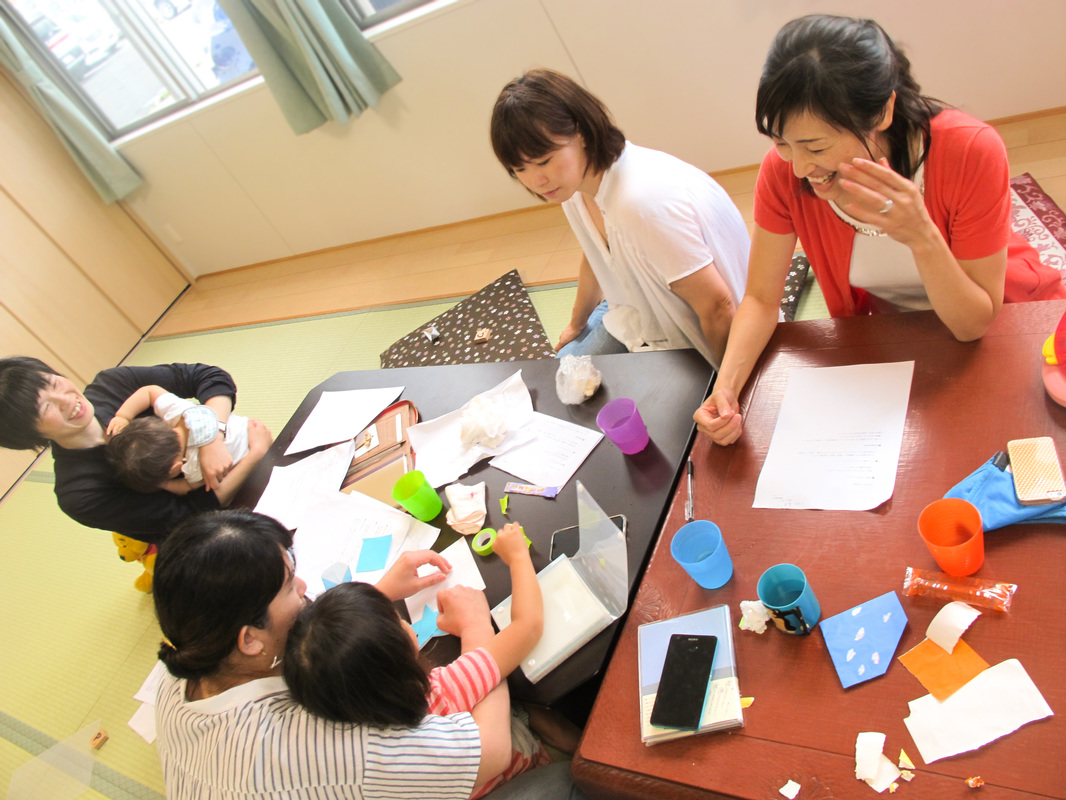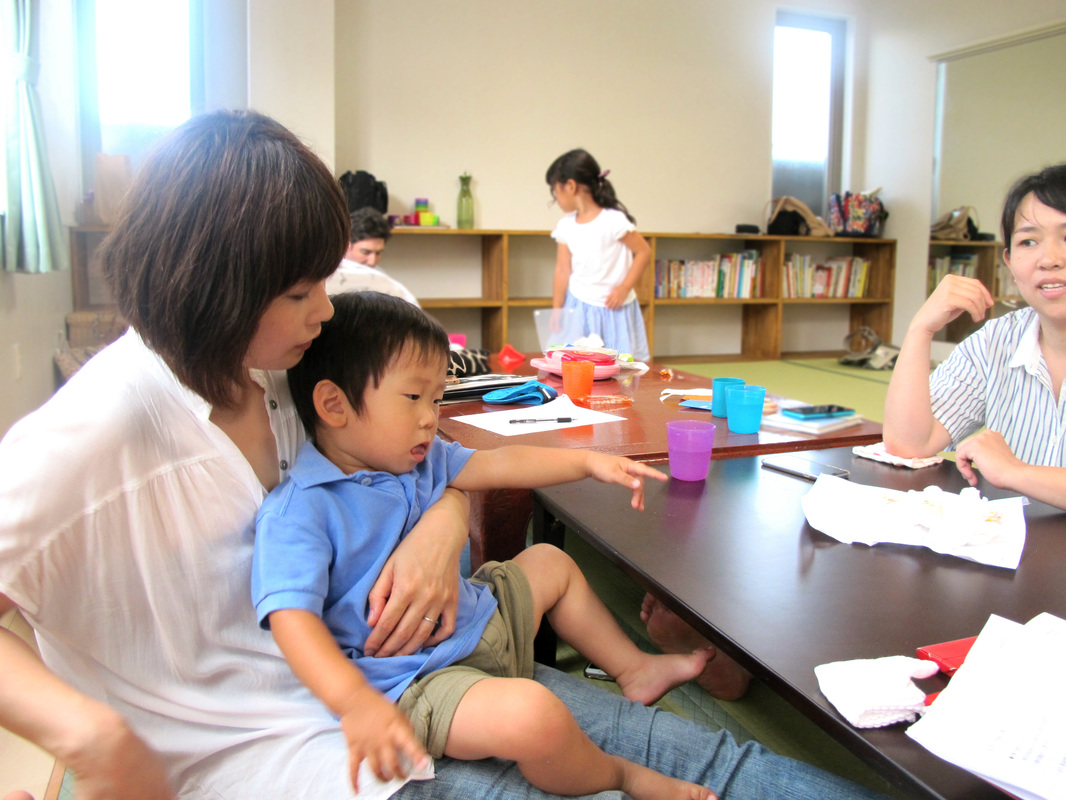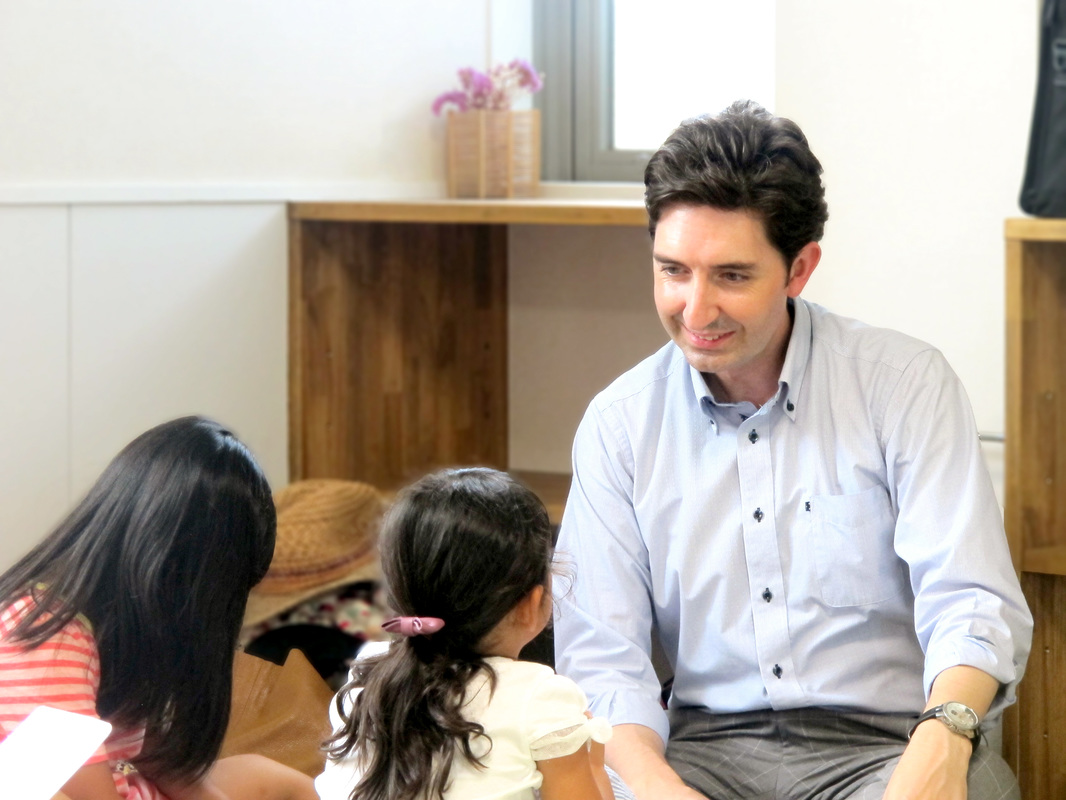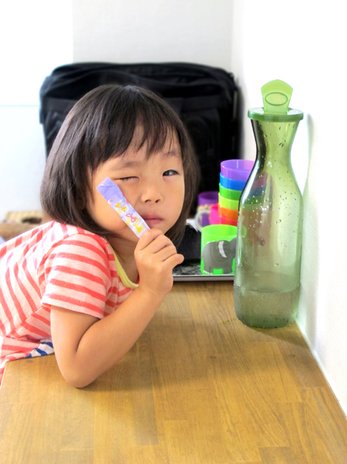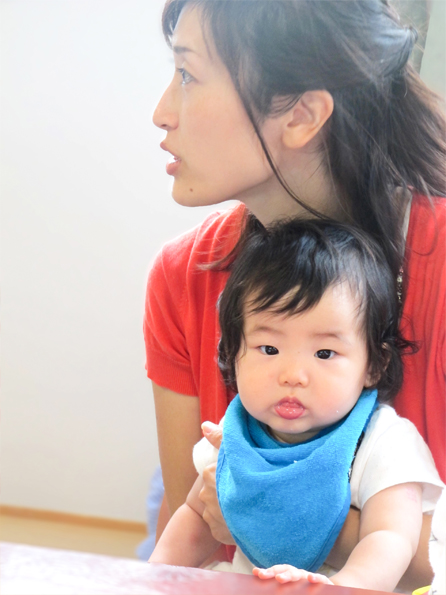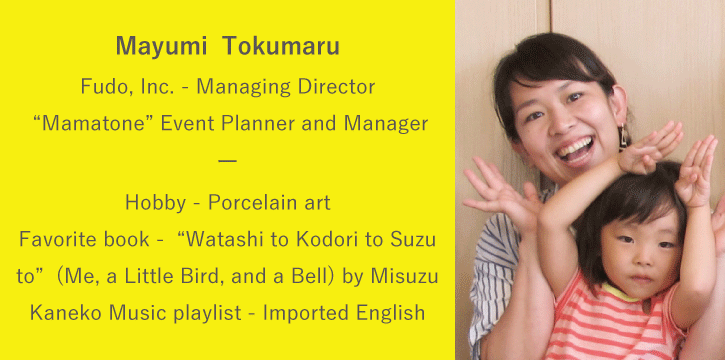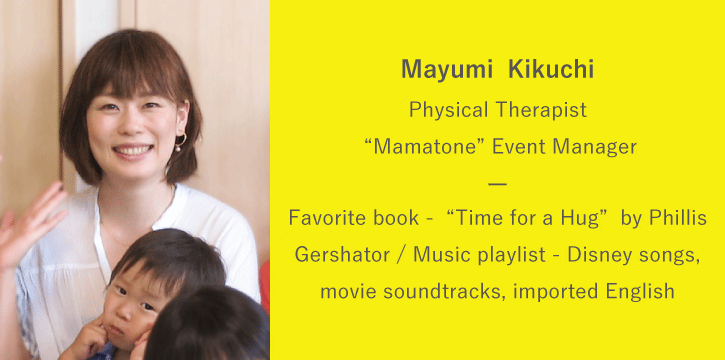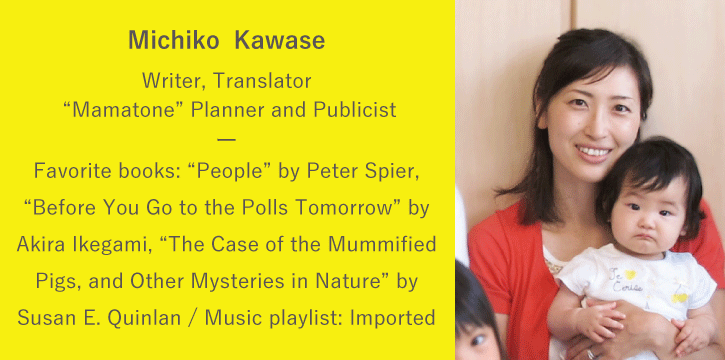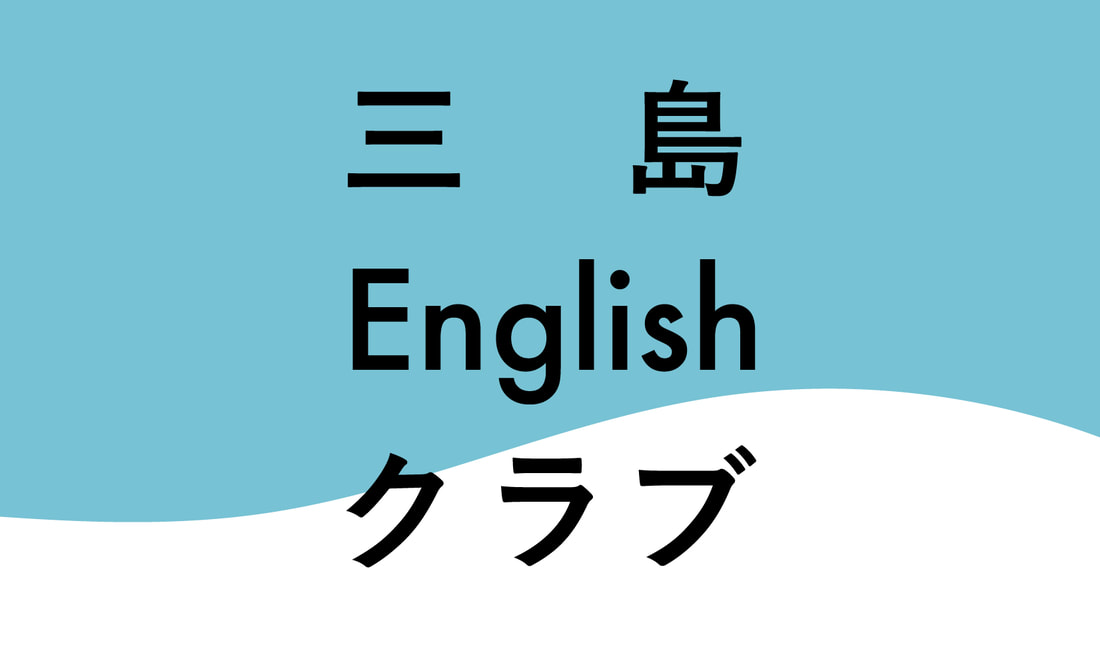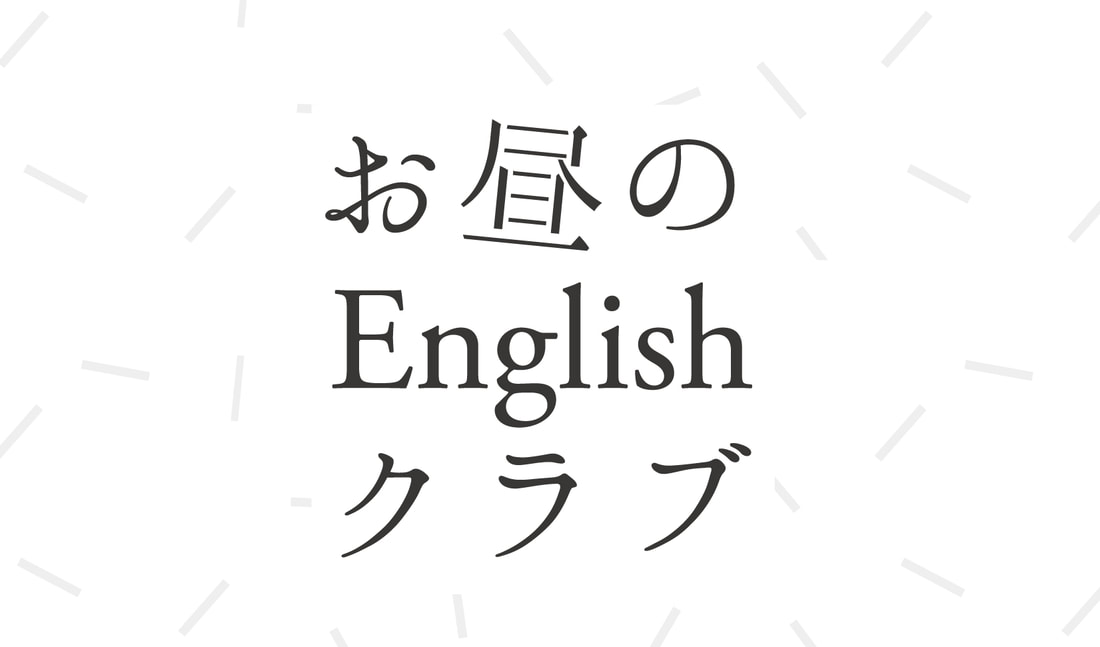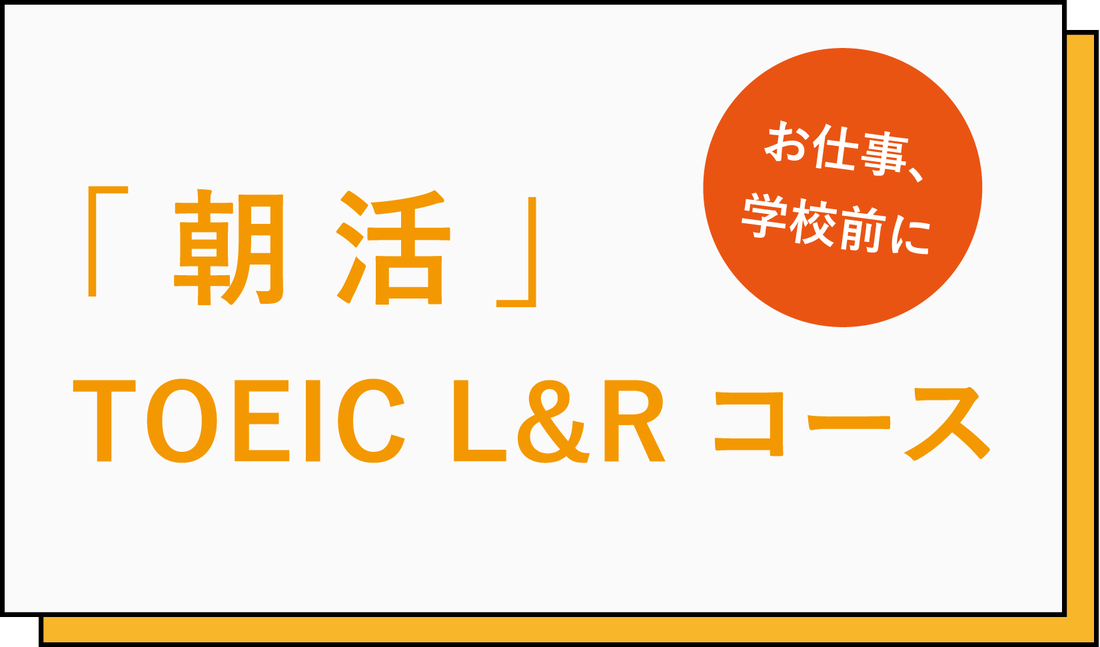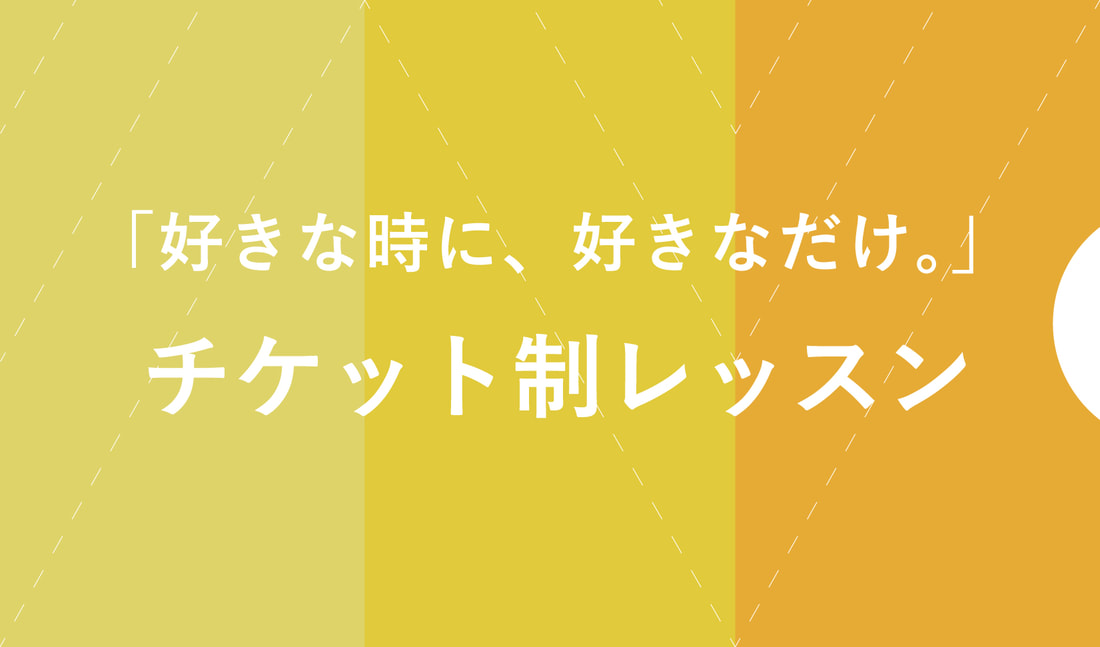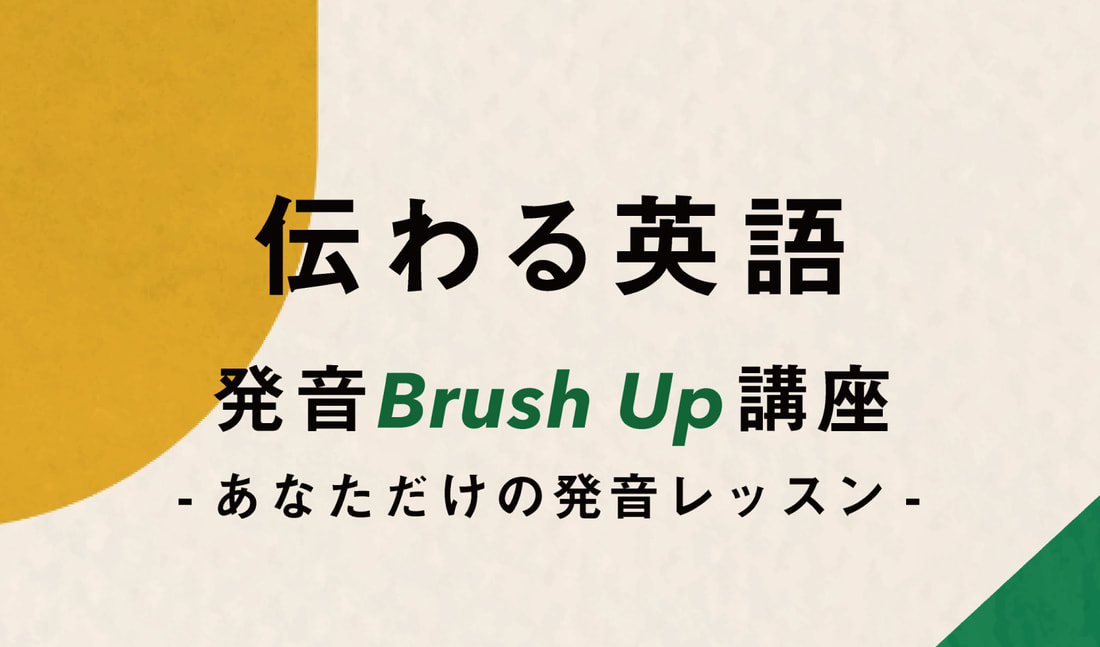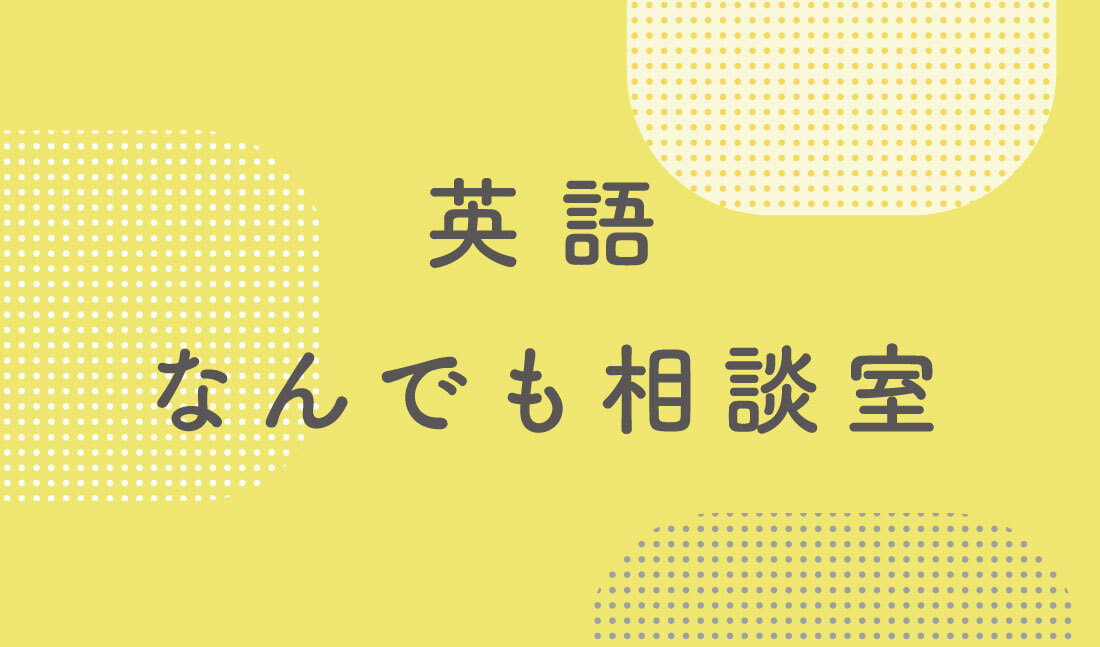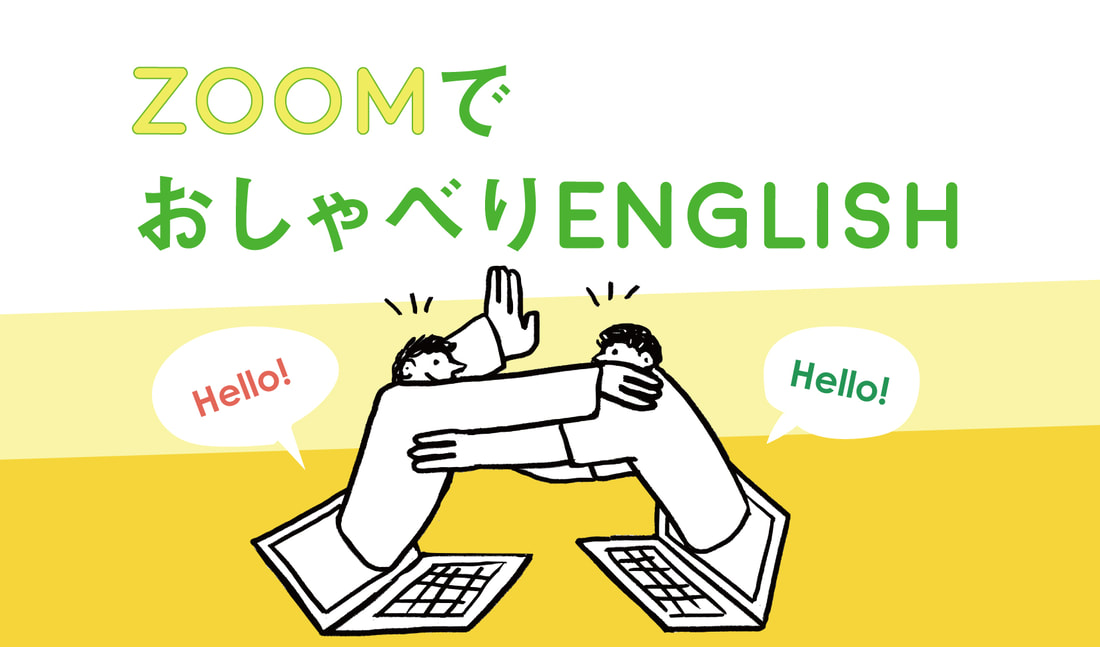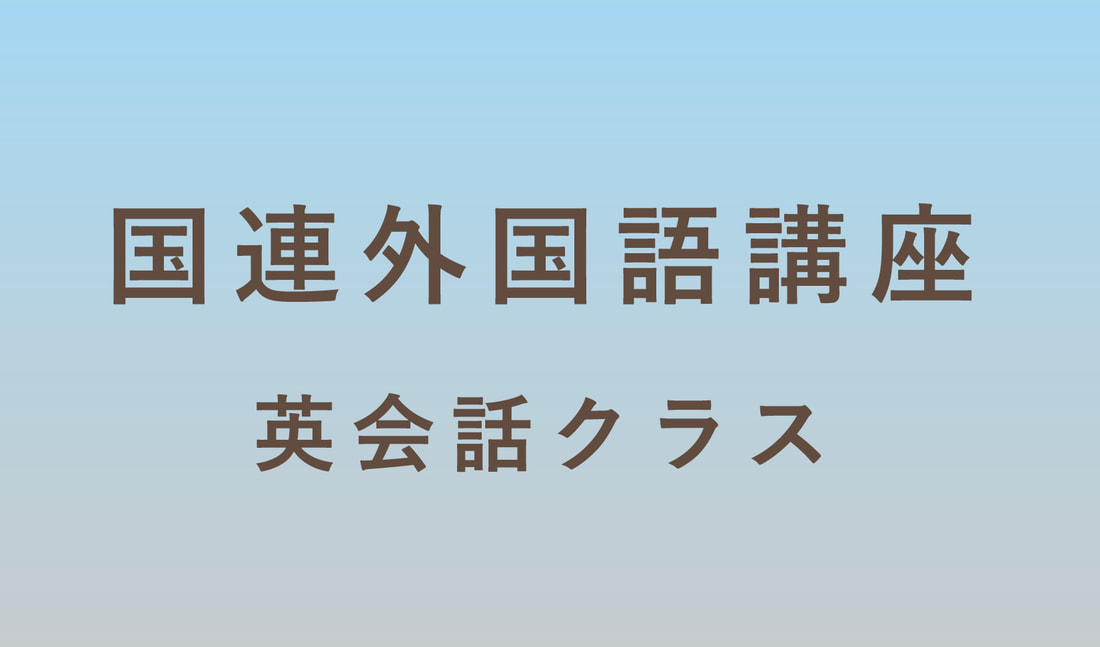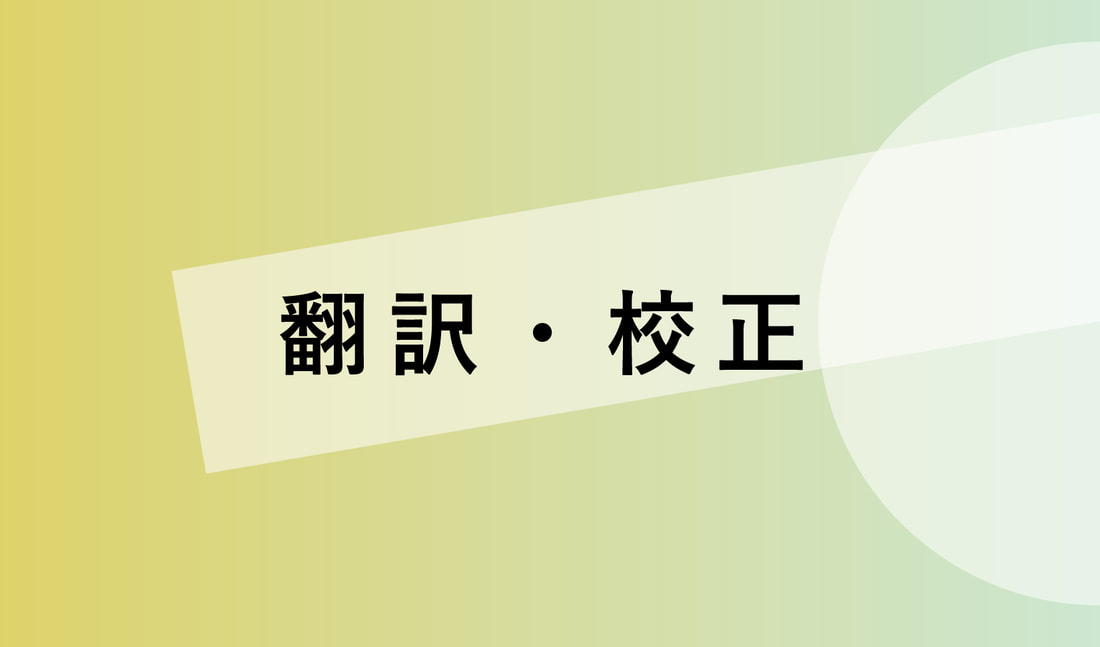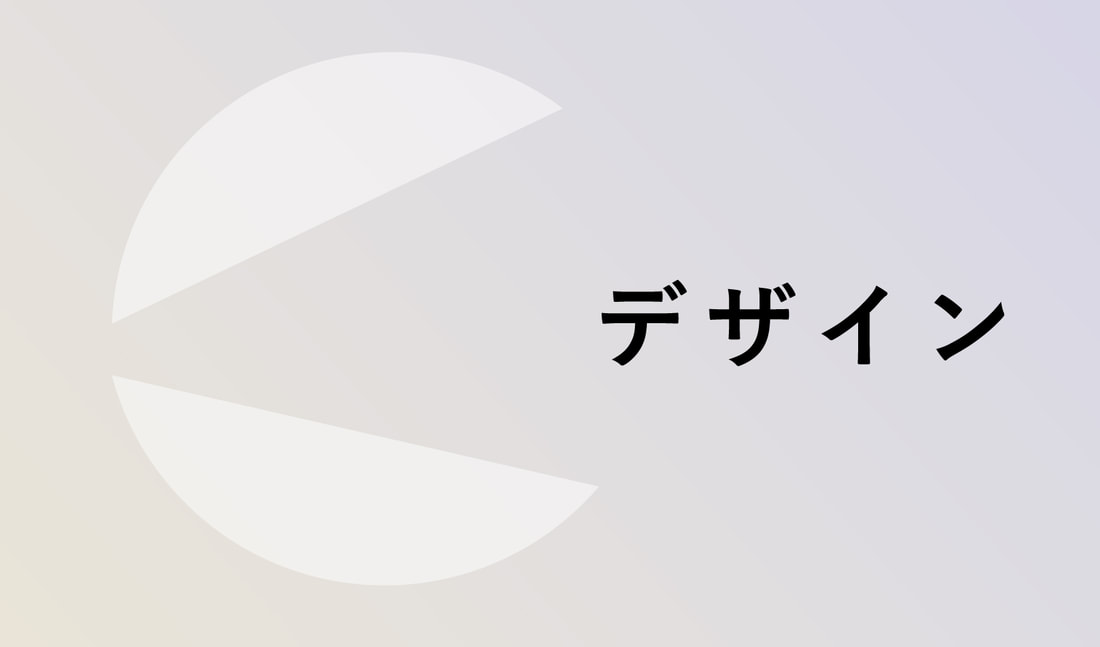※ Children’s ages at the time of this interview.
Michiko Kawase (hereafter Kawase): Our youngest is not yet old enough to go to nursery school so I am mainly working from home. I usually get up at 4a.m., work for an hour and a half or so before making breakfast and getting our oldest up, ready and off to school by 7:00. I can then get some work done during the day with her on my back if she is in a good mood, but my core work time is from about 9:30 to midnight after I get the kids to sleep. I try to reserve 5-6 hours each day to focus on work but it is nearly impossible to put aside blocks of time while taking care of the house and kids and everything else that needs to be done. Sometimes I think I am going to explode (lol)!
Mayumi Kikuchi (hereafter Kikuchi): I work at a hospital while our kids are at nursery school. As a physical therapist, I am in charge of patient rehabilitation. My coworkers are very understanding and supportive and are a big help when I need to take care of our children, but working on weekends and holidays is tough. My husband also works many weekends and holidays, but if I have to work at the hospital, he rearranges his schedule to be at home and look after the kids while I am at work.
Mayumi Tokumaru (hereafter, Tokumaru): Both of our children are now going to nursery school. We didn’t want to put them in nursery school until they were at least a year old, but they both started going to nursery school before their first birthdays. Until we could get the restaurant up and running and on track, even though our kids were still small, we had to ask our parents to watch them or put them in nursery school while we were at the restaurant day and night. We are closed on Wednesdays, and as we have been able to add staff, I am now usually able to take Saturdays and Sundays off as well to spend time with our kids. But during busy periods or when we need addition help, I have to be there.
※Restaurant Shikishusai Fudo is a short walk just northeast of Mishima Shrine. Kids welcome!
In 2016, they opened their second Fudo restaurant on the south side of Mishima station, near the beautiful Rakujuen.
https://www.facebook.com/shikishusai.fudo
--As you are responsible for the business side of the restaurant, I imagine you don’t have a lot of free time for yourself…
Tokumaru: I feel I need to work more than anyone else. Our lunch staff are mainly married women and moms just like me. When our kids are sick, we, as mothers need time off to take care for them. It is a bit more work for us if we have to cover for someone on short notice, but by letting staff take time off when they need it, it makes it easier for me to do so as well. We want to make this place a great place to work for anyone and everyone. I am very thankful to be surrounded by wonderful staff.
--How are you going about trying to create a great workplace environment?
Tokumaru: Communication is key. My husband and I are constantly discussing how we can make Shikishusai Fudo a more comfortable, enjoyable place to work for all of us. If one of our employees seems to be a little down, I make it a point to ask if everything is okay and offer an ear or help if there is anything I can do. My husband is in charge of taking staff out for a bite and a drink to cheer them up if someone is having trouble with something. He also just uses “so and so could use a little cheering up” as an excuse on occasion to take staff out for fun. (lol)
Tokumaru: If it were possible to take kids to work, it would probably be helpful when they are sick, but I don’t think much work would get done otherwise.
Kawase/Kikuchi: Nothing would get done!
Kawase: It would be great if more companies made it easier to take time off in certain situations but I don’t see much value in taking kids to work. I wouldn’t get any work done.
Tokumaru: Part of the value I find in my work is a feeling of achievement and satisfaction - of “doing good work”. I think I would lose that if my kids came to work with me.
Kawase: I don’t think I could flip the switch from “mama mode” to “work mode” if my kids were at work with me.
Tokumaru: I imagine I would just drag and bounce around without getting much done, all the while worrying about what my coworkers were thinking about me and my kids, or what negative effects we were having on my coworkers. Work can be done better and more efficiently without our kids with us at work, without a doubt.
Kawase: And I love that extra effort we can find inside ourselves when we know we have to finish work before leaving to pick up the kids at school.
Tokumaru: Before I got married, I went to Los Angeles and South Korea with friends. My parents, hoping I’d learn to speak English, wanted me to do a homestay overseas, but I didn’t want to miss time away from school activities here at home. At the time, my friends meant everything to me and I didn’t want to spend any time away from them, but thinking back now, I really should have gone.
Kawase: I wish I could tell the “then” me that spending a year or so away from my friends was OK! (lol)
Tokumaru: In high school, friends were just about all that mattered.
Kikuchi: I left Japan to spend a year in Wisconsin (USA) during the summer of my first year of high school. During my program abroad, I stayed with a host family, but it was a very difficult adjustment. I didn’t fit in very well and got homesick about six months after I arrived. I also had two host sisters. The younger sister and I got along well. Unfortunately, I couldn’t find a way to communicate with the sister who was the same age as me. Thankfully, as I made new friends and became more accustomed to life in Wisconsin, we became closer, and we still stay in touch today.
Tokumaru: That is so great! I sometimes see your conversations and comments on Facebook.
Kikuchi: I am still in touch with many friends I made there as well. One friend even came here to visit me.
--Did you spend a year studying overseas because you were interested in knowing more about the world, outside of Japan?
Kikuchi: My father was a tour guide. He had friends come from overseas to visit us, and we participated in exchanges with visitors from our sister city, so I had lots of opportunities to interact with people from other countries. I did a one-month homestay in Canada during my second year of junior high school. When I arrived back home, my mom asked me if I wanted to go overseas again for a year during high school. I didn’t really struggle with my decision to go again.
--Kawase-san, you do translation work. Have you spent time living or studying overseas?
Kawase: As a student, I only did two short-term study abroad programs. One when I was in junior high school and the other when I was in college. Just like Tokumaru-san, I was worried about leaving Japan and my friends for any considerable amount of time abroad. However, after I graduated college, I lived and worked as an instructor at an international school in Hong Kong for about four and a half years and that is how I learned most of my English. I learned much more during my time in Hong Kong than I did during my short time overseas when I was in college. Our oldest child was born in Hong Kong, and we have traveled overseas with our kids since then.
Kawase: I’m too busy taking our kids to their lessons and picking them up for time for myself, but I’ve been thinking that the time to properly invest more in myself is coming soon. I would like to work a little more on my English and really solidify my Chinese. I am certified to teach junior and senior high school, but as I have only taught junior high, I am not confident I can adequately teach the advanced grammar necessary for the high school level. I can communicate well enough, but I would really like to spend some time reviewing more difficult grammar.
Kikuchi: I would like to try yoga and Pilates, but I just don’t have the time.
Kawase: There are lots of hobbies and activities for “parents and kids” to do together, but I am not interested in those. I want to do something on my own, for myself. Kids can do kid’s things. Parents are parents.
< New post | Old post >
